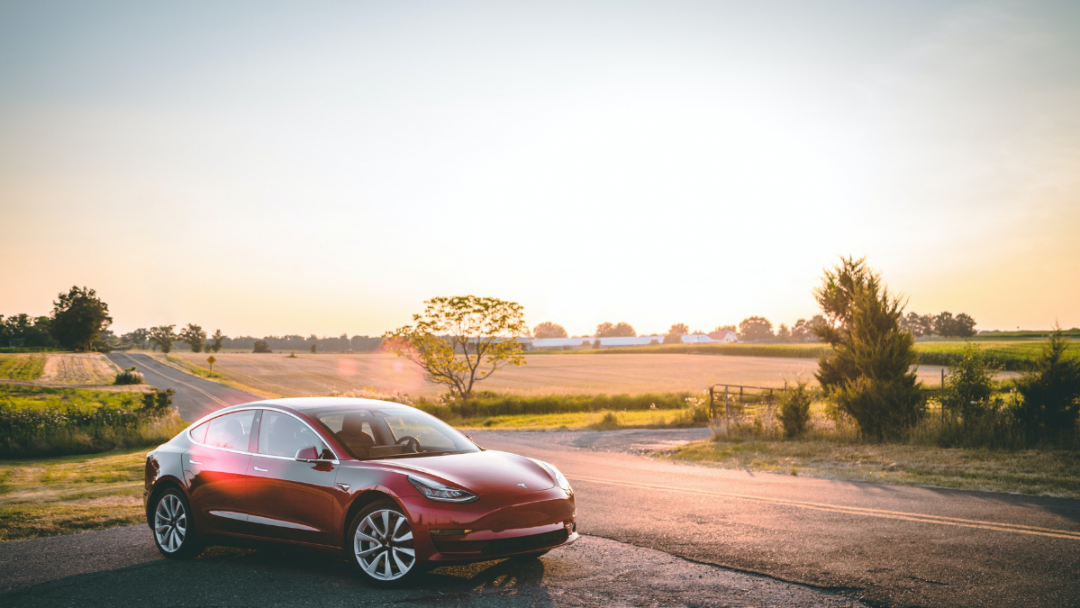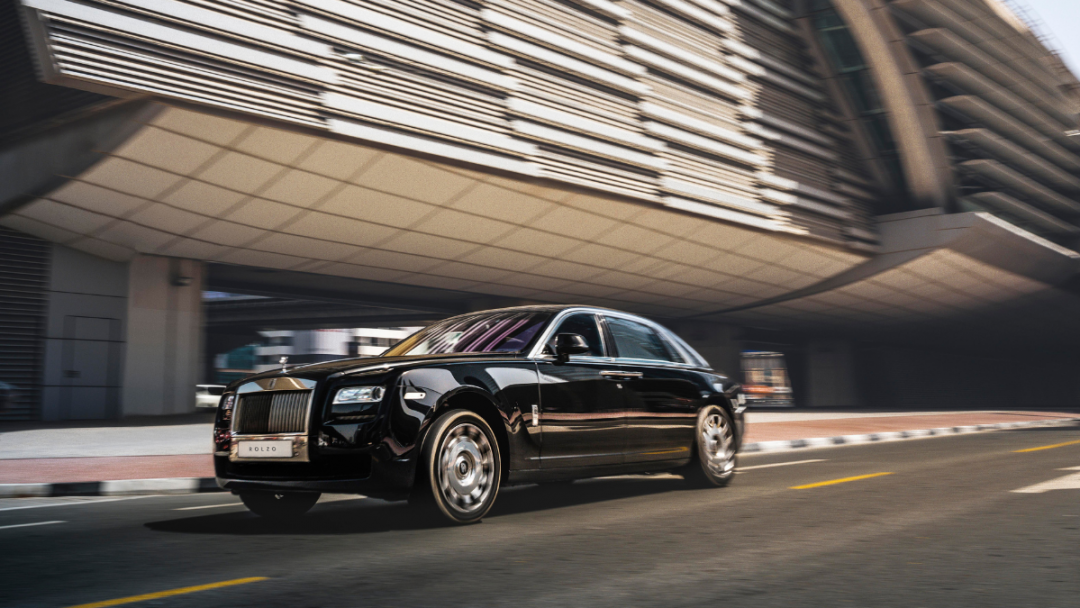Luxury travel and sustainability pose a curious combination – the former is often grand and elegant but it is contrasted with the minimal and careful philosophy of the latter. As the world fosters more concern and interest in ecological issues, the challenge of the luxury travel industry is to respond to current trends and to innovate new means of extracting the best possible benefits for individuals and the planet.
Can eco-travel be luxurious?
Luxury travel is commonly held to be an idea of indulging in the finest of all things: elegant hotels, elite services, and premium restaurant dishes. Many were content to relish in the grandest of materials and cherish precious moments. In history, sustainability wasn’t considered as a force to be reckoned with. Until then, the art of luxury is becoming more centred on cultivating experiences than possessing materials.
The issue of climate crisis and its host of potential consequences rippled through the travel sector; many travellers are encouraged to be conscious of the impact of travel on the environment along with various other factors. Climate scientists feared that rising temperatures could cause more extreme weather events, which then could lead to the erosion of natural habitats. Venice of Italy and the Maldives are among many of the conversations on the problem of rising sea levels.
The impact of sustainable luxury travel
However, eco-travel is not completely contrary to the world of extravagances. The new synergy of luxury travel and sustainable tourism has the potential to flourish together. Alex Tsuk of Beach Meter proposes four main areas that can benefit from the chemistry: local economy, community development, infrastructure, and wildlife and environmental protection.
- Local economy: luxury travellers value uniqueness and authenticity of cultures, experiences and customs. This opens a new stream of jobs for local community members and establishes a blossoming supply and demand system.
- Community development: Sustainable luxury suppliers can train and educate their staff who come from local backgrounds. This in order empowers them to have confidence in their skills and pursue their passions. Furthermore, luxury firms can dedicate to supporting the community by partaking in projects such as building local schools and streamlining organic farming.
- Infrastructure: Initiatives that aim to equip local venues with amenities such as solar-powered energy, internet connectivity, and sanitation can meet the demands of luxury travellers for clean and efficient facilities. This propels for heightened sustainable management which in turn benefit native communities.
- Wildlife and environmental protection: Tourism can boost profits that contribute to the nourishment and maintenance of wild natural landscapes and wildlife. Luxury travel market that harnesses authentic experiences can pay for national park fees and extra premiums to keep natural sites of importance afloat.
In parallel, regenerative travel is gaining traction in the luxury sector. The main principle behind regenerative travel is to emphasise values in connection to making the most of your vacation. This involves hoteliers and travellers actively initiating a positive environmental impact via facilities and community engagement. In a way, this merges luxury and sustainability for the purpose of nourishing nature and authentic experiences.
Demand for sustainable tourism post-COVID
TTG Asia argues that luxury travellers are placing a high priority on sustainable tourism. Meryam Schneider, who recently spoke at the virtual ILTM World Tour Asia Pacific as Vice President of Marketing and Partnerships at ALTIANT, said the pandemic has identified the urgency of climate change. She also added that the issue could be pushed to the forefront of “affluent traveller’s minds”.
“While Covid-19 has impacted most of our lives, improved air quality and thriving wildlife have been two of the few upsides. This has raised concern for some luxury consumers, and as such, there are more demands being made for brands to acknowledge and act to alleviate climate concerns.”
said Schneider
Research carried out by ALTIANT discovered that on the scale of one to five, 56% of overall respondents, consisting of HNWIs (high-net-worth-individuals), rated sustainability as four or five in terms of importance. A report from Japan’s two prominent experience providers analysed an emerging trend amongst travellers which revealed that they generally seem more concerned about the ecological impact on tourism; as well as supporting local businesses.
The future of luxury travel and sustainable tourism remains a hot topic in major corners of the travel sector. The effect of COVID-19 has marshalled a new demand in the minds of many adventure-seekers i.e. the appetite for locally-sourced experiences which nourishes natural ecosystems. Perhaps, the dark clouds have brought a silver lining to eco-focused luxury travel providers severely affected by the pandemic. After all, the pandemic has taught a deeper lesson of the shifting consumer landscape.



